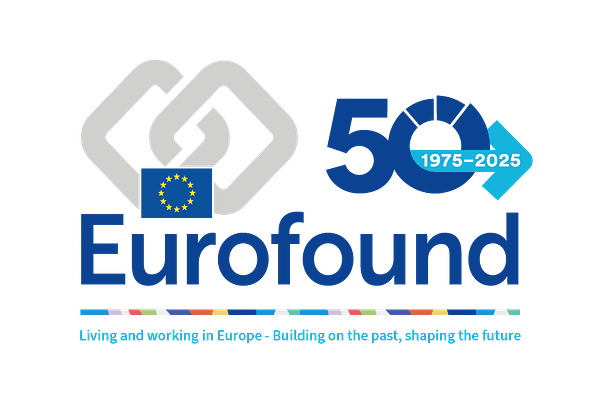Press release -
Working time convergence in the European Union is at a stand-still
(Dublin, Ireland): The gap between collectively agreed working time in the EU15 Member States and the more recent Member States remains large, as does the actual working time and collectively agreed paid annual leave entitlements. Eurofound’s new ‘Developments in collectively agreed working time 2014’ report covers several issues related to the length of working time in the European Union and Norway in 2014. It examines average weekly working hours set by collective agreements, both economy-wide and for five specific sectors: chemicals, metalworking, banking, the retail trade and public administration. Banking recorded the shortest average agreed normal working week at 37.6 hours and retail recorded the longest agreed weekly working hours at 38.4 hours.
Collective bargaining plays an important role in determining the duration of working time in most of the 28 Member States of the European Union, though to a lesser or sometimes negligible extent in some of the Member States that have joined the EU more recently. The nature and extent of this role also differs widely across countries, with bargaining at different levels -mainly sectoral and company level - playing more, or less, important roles.
The average collectively agreed weekly working time in the European Union of 38.1 hours did not change between 2013 and 2014. In both years, the working week also remained, on average, 30 minutes shorter than the EU28 average in the EU15 Member States, and more than 90 minutes longer in the more recent Member States.
Slovakia, Spain, Sweden and the UK were the only countries registering changes in 2014. While Slovakia and the UK registered an increase of 0.1 hours per week in 2013, they had a decrease of 0.1 and 0.3 hours, respectively, in 2014. Spain recorded a collectively agreed weekly working time that was 0.5 hours higher in 2014 than in 2013, adding to the increase of 0.3 hours registered between 2013 and 2012. Sweden registered an increase of 0.1 hours in the same period. These changes did not affect the estimate for the EU28, which remains at 38.1 hours in 2014, the same as in the three previous years. France remains the country with the shortest average collectively agreed working week (35.6 hours).
Actual weekly hours worked by full-time employees were longer than the average normal collectively agreed working week in 20 of the 29 countries analysed in this report. Full-time employees in Romania reported the longest actual weekly working hours in their main jobs in 2014: 41 hours, the same as in 2012 and 2013. They were followed by their counterparts in Luxembourg (40.9 hours), the UK (40.9 hours), Portugal (40.4 hours), Germany (40.3 hours) and Poland (40.2 hours). Employees in Finland and France worked the shortest hours (37.3 hours). This was 3.7 hours less or the equivalent to 4.3 weeks a year by their counterparts in Romania.
In the EU28, the actual working week was 39.5 hours in 2014, the same as in 2013; this was about 1 hour and 24 minutes more than the average agreed working hours. In the EU15, the working week was 39.3 hours, about 1 hour and 48 minutes longer than the agreed hours. In the NMS13, the working week was 40.1 hours, about 24 minutes longer than the average agreed working hours.
Collectively agreed paid annual leave entitlements stood at 25.1 days across the EU. These were slightly higher in the EU15 countries (26.4 days) and considerably lower in the more recent Member States (21 days).
Related links
Topics
The European Foundation for the Improvement of Living and Working conditions (Eurofound) is a tripartite European Union Agency, whose role is to provide knowledge in the area of social and work-related policies. Eurofound was established in 1975 by Council Regulation (EEC) No. 1365/75.
For more information about Eurofound and its work, and free access to all our data and findings, visit our website and follow us on these social media channels: Twitter, LinkedIn, Facebook, Google+, or YouTube.

